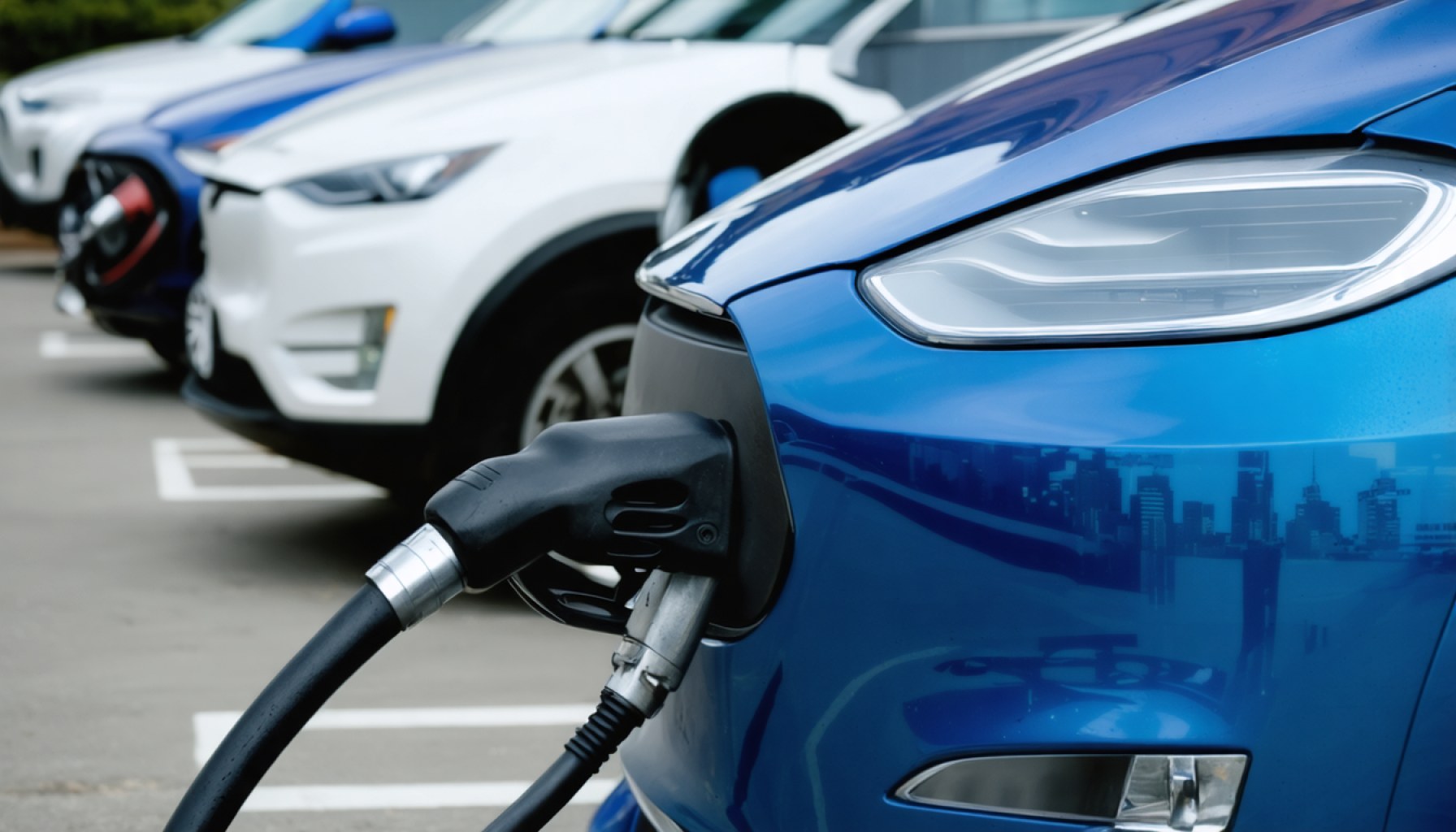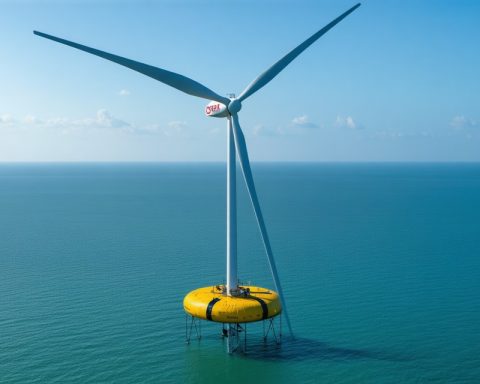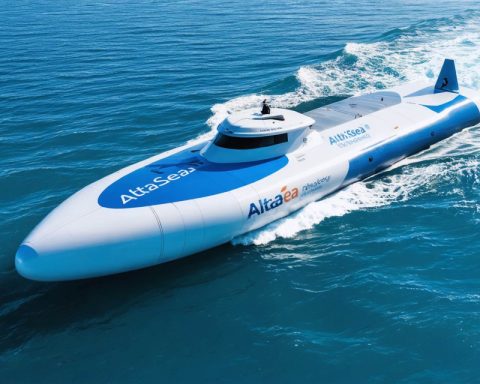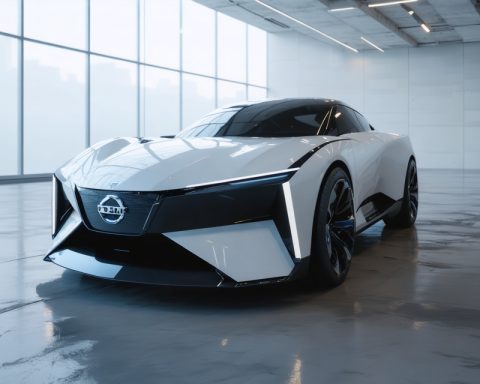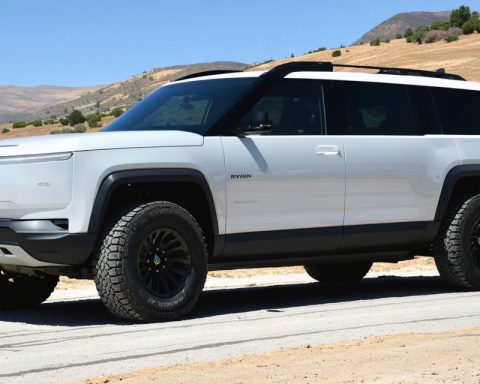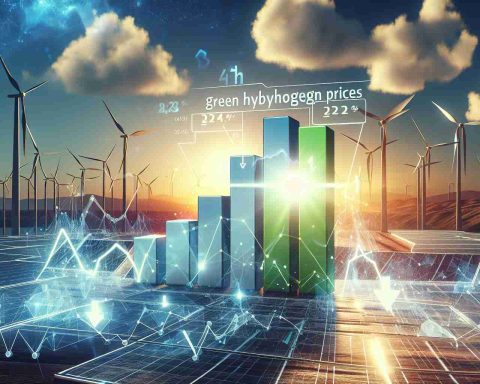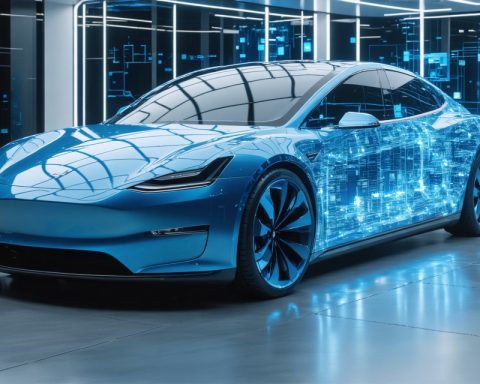- New York aims for all new cars to be emission-free by 2035, pushing for 35% EV sales by 2026.
- Local auto dealers in Buffalo express concerns about rapid transition timelines impacting consumer choice and economic stability.
- Current EV infrastructure and supply are inadequate, with limited charging stations and high vehicle costs deterring buyers.
- Dealerships worry about job losses and the market’s readiness to meet state mandates.
- Average electric vehicle prices are significantly higher ($66,000) compared to gas-powered options ($50,000).
- Dealers advocate for a balanced approach, prioritizing infrastructure development and consumer demand in the EV shift.
- The overarching challenge is balancing environmental goals with economic and community viability.
As the concrete jungle gears up for a greener future, New York State’s bold drive towards electric vehicles is running into heavy traffic from an unlikely source: auto dealers. Nestled in the heart of Buffalo, these dealers find themselves teetering between the state’s ambitious goals and the practical realities of their day-to-day operations.
Under Governor Kathy Hochul’s administration, New York has embraced a daring vision: by 2035, all new cars, SUVs, and pickup trucks sold must be free from fossil fuel emissions. A future where the whir of engines is replaced by the silent hum of electric motors seems to be on the horizon. Yet, the path is anything but smooth.
The near-term target requires that 35% of new 2026 models be electric—an electrified inventory that grows annually until 100% compliance is achieved by 2035. This phased mandate sparked concern among local dealers who fear the state is shifting into high gear too quickly. Lauren Paddock from Paddock Chevrolet voices her reservations. While she champions cleaner air and supports the evolution towards electric vehicles, she questions the wisdom of an approach that may steamroll consumer choice.
The economic implications loom large. The specter of layoffs haunts the dealerships, caught in a potential tug-of-war between supply and demand. Jim Basil, vice president of Joe Basil Chevrolet, underscores this anxiety. With only 6% of their fleet currently electric, the chasm to 35% seems vast and daunting. Basil speaks of a future envisioned but not yet realized, where the infrastructure needed to support this electric shift is inadequate and nascent at best.
Charging stations remain elusive, and the grid’s capacity to handle an influx of electric vehicles is in question. This logistical quagmire raises consumer hesitancies and confidence issues that ripple through the dealership floors and onto the broader streets.
Economically, the transition stings as well. The sticker shock of electric vehicles—averaging a cool $66,000—contrasts sharply with gas-powered alternatives lingering around $50,000. While affordable EV models do exist, they remain scant in supply, fueling concerns that consumers might cross state lines for more options if local lots fall short.
For these dealers, the mandate is a high-stakes gamble with a formidable payoff—transforming New York into a leader in sustainable transport. Yet, as they navigate the curves of this rapidly shifting market, they call for a more measured, flexible road ahead. The key takeaway echoes a sentiment of readiness driven by infrastructure, consumer demand, and economic viability, rather than state-imposed urgency. The journey towards a sustainable auto market needs to be steered by readiness and adaptability, carving a lane that considers both the environment and the economic engine that fuels these communities.
Auto Dealers in Upstate New York Brace for Race to Electric Cars
Overview
As New York State embarks on an ambitious journey to electrify its vehicle market, local auto dealers express concerns over the rapid transition pace. Under Governor Kathy Hochul’s leadership, New York aims for a future where electric vehicles (EVs) dominate the roads, setting a target of 35% EVs in new models by 2026, escalating to 100% by 2035. However, the fast-approaching changes are eliciting mixed reactions from stakeholders, particularly from auto dealers in regions like Buffalo.
Real-World Use Cases and Market Challenges
1. Infrastructure Concerns: One of the major challenges identified is the lack of sufficient charging infrastructure. For New York to fulfill its electric dreams, substantial investments in charging stations across urban and rural locales are imperative. This implementation should be monitored closely to ensure accessibility for all consumers.
2. Economic Implications: The economic shift towards EVs presents both risks and opportunities. Dealers worry about potential layoffs due to the lower maintenance needs of EVs compared to gasoline vehicles. As sales of EVs increase, there’s a pressing need for reskilling of the workforce to handle new technologies.
3. Consumer Hesitancy: With EVs currently priced significantly higher than traditional cars, consumer adoption might be slower than anticipated. This price disparity could lead consumers to seek more affordable options outside New York, affecting local dealerships.
4. Energy Grid Capacity: The current electrical grid’s capacity to handle the projected increase in electric vehicles is uncertain. Adequate upgrades and modernization of the grid infrastructure will be critical to avoid potential bottlenecks.
Industry Trends and Predictions
– Affordability Improvements: As battery technology advances and economies of scale are achieved, the cost of EVs is expected to decrease. Industry watchers predict that by the late 2020s, EVs might achieve price parity with traditional cars.
– Expansion of Charging Networks: Leading companies and public initiatives are investing in expanding the charging networks across states. This expansion will support the expected influx of EVs and increase convenience for consumers.
Pros and Cons Overview
Pros:
– Environmental Benefits: Transitioning to EVs significantly reduces greenhouse gas emissions, contributing to cleaner air and healthier communities.
– Long-Term Cost Savings: Although EVs have a higher initial cost, they offer savings on fuel and maintenance over time.
Cons:
– Initial Cost: The higher upfront cost of EVs remains a barrier for widespread adoption.
– Limited Range: Some consumers are concerned with the range of current EV models versus the convenience of gasoline vehicles.
Insights and Recommendations
For New York’s auto dealers and policymakers, balancing the ambitious goals with practical realities will be key. Here are some actionable recommendations:
1. Gradual Implementation: Advocating for a phased approach with intermediate milestones could allow the market and infrastructure to adjust more smoothly.
2. Incentive Programs: State-sponsored rebates or tax incentives could help offset the initial costs of EVs, making them more attractive to consumers.
3. Infrastructure Development: Collaboration between private sectors and the state to enhance charging infrastructure can alleviate consumer concerns regarding range and accessibility.
4. Educational Campaigns: Increasing consumer awareness about the benefits and increasing availability of EVs might accelerate the transition.
5. Stakeholder Collaboration: Continuous dialogue between policymakers, auto dealers, and consumers will ensure all concerns are addressed, resulting in a more unified transition to sustainable transport.
For more information on New York’s energy policies, you can visit the official New York State website.
